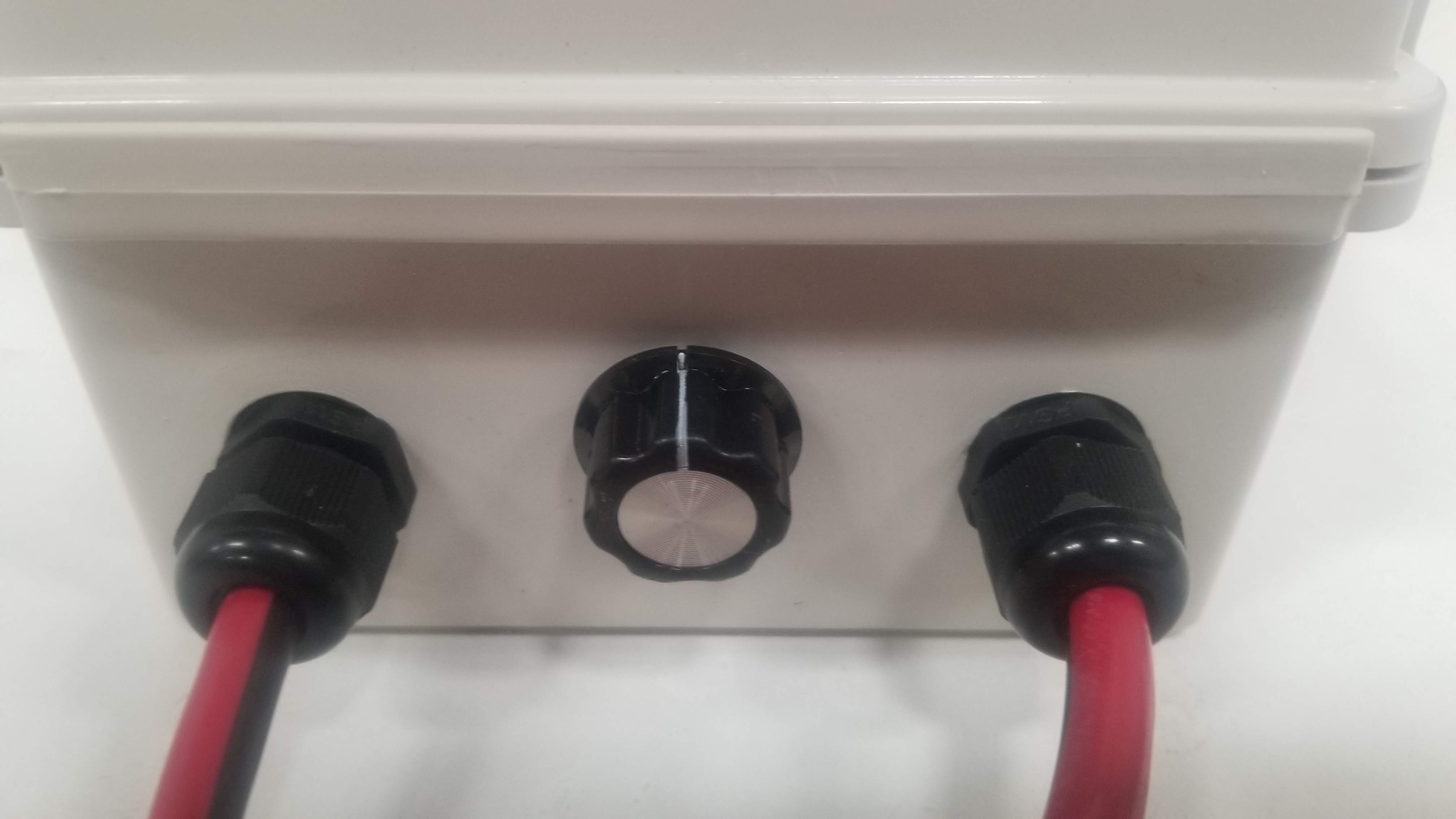
How does the electric essential oil distiller extract essential oils?
The size and material of the cooking chamber, the type of capacitor and the separator of a distiller for essential oils can all change the result of the oil.
For example, the best chambers are non-reactive metals. This minimizes the adhesion of essential oil from reactive metals such as copper and aluminum. The best metal that is non-reactive is stainless steel!
Also, vertical steam distillation seems to produce the best quality oil when the essential oils are distilled. There is no danger of overheating the plant material!
What other factors influence the distillation of essential oils?
There are other factors such as temperature and pressure that affect the quality of the oil. For example, if the pressure or temperature is too high the oil is changed. It’s like cooking vegetables!
Moreover, the chemical components of the oil, when heated, are changed or enlarged. Oil pH and polarity can even be completely changed!
So it has been found that low pressure and low temperature are extremely important for the production of therapeutic-grade oils. This is how ancient cultures distilled oils for thousands of years!
Can you give the right pressures and temperatures for Cypress Oil or Tea Tree or Melaleuca Alternifolia Essential Oil?
Certainly, here they are!
Cypress essential oil – If we start with 2,000 pounds of material we produce 1 pound of oil. The pressure in pounds should be 0 and the optimum distillation time and temperature is 220 degrees in 24 hours! Less than anything, it produces oil that has 18 to 20 ingredients completely missing from the oil!
Tree Oil Essential Oil (Melaleuca alternifolia) – If we start with 1,000 pounds of material we produce ten to fifteen pounds of oil. The pressure per pound should be 3 and the optimum distillation time and temperature is 218 degrees for 2-3 hours.
